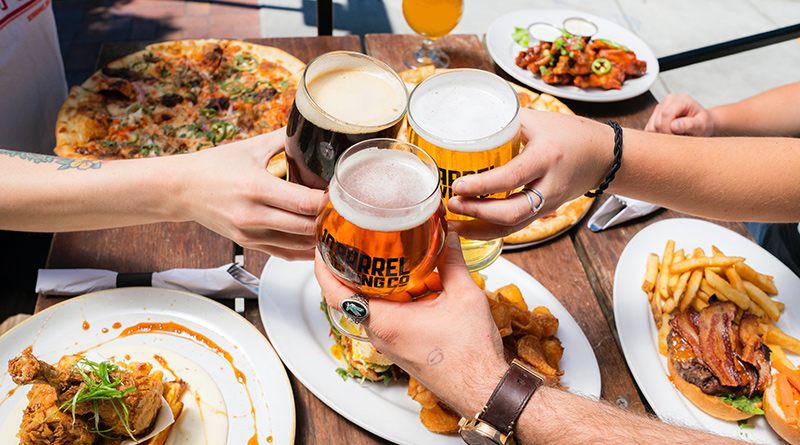Long-Term Trends Report Reveals “Cautious Optimism”

Long-term demand is looking good for the sector, according to OakNorth’s Sector Pulse.
The report reveals that over the last six months to 30 April 2024, the hospitality and leisure industry demonstrated continued resilience, despite ongoing challenges from labour shortages (132,000 vacancies – 48% above pre- pandemic levels according to UK Hospitality), and inflationary pressure on rent, energy bills, and the cost of ingredients. In terms of operational performance, the sector continued to hold up, and the anticipated cut in the base rate later this year may ease some pressure on household disposable income.
This, combined with economic growth could lead to higher levels of demand for UK hotels from both leisure and corporate guests. However, over the short term, new supply coming into the market and more muted demand could impact on occupancy levels. From an investment perspective, sentiment towards this sector remains positive, though liquidity has been sluggish as investors continue to face higher borrowing costs, and businesses have to refurbish existing stock to meet energy efficiency and fire standards.
Unfortunately, the report says, industry calls for greater policy interventions went unanswered in the Spring Budget, though the freeze on alcohol duty until February 2025, was seen as a positive step for the industry. Our outlook for the sector over the next six months is cautiously optimistic – we have seen from the experiences of our customers that many hoteliers, restauranteurs, and pub operators continue to thrive and are finding new opportunities amidst ongoing market challenges – but the industry faces very real, in some cases existential, threats over the next six months.
So far this year, inflation has fallen, wage increases have held up, and c.27m people saw their national insurance contributions cut from 10% to 8% from April, putting up to £450 more in their pocket this year. Household finances for the majority of those of working age have generally improved and we expect to see this leading to an increase in positive consumer sentiment from June.
Despite the improving consumer sentiment, hopes of a summer cut to interest rates have been quashed and pushed out to slightly later in the year, with theBank of England recently warning that inflation must be squeezed out of the economy beforehand.
Spurred by major international sporting events including the Euros, T20 World Cup, and the Olympics, pubs in particular are expected to see a boost during the summer, even if the British weather doesn’t end up being particularly good!
With mounting political pressure to reduce aid spend on accommodation for asylum seekers, it is possible that we will see numbers start to wane progressively over the next six months, with government having already announced in January that it has stopped using approximately 60 of the 400 hotels on its roster.
The report adds a that if the Labour Party win the forthcoming general election, they has promised to replace business rates with a system of “business property taxation” to level the playing field between high- street businesses and online retailers. This is something we will be monitoring closely over the next six months as we move closer to the general election.
